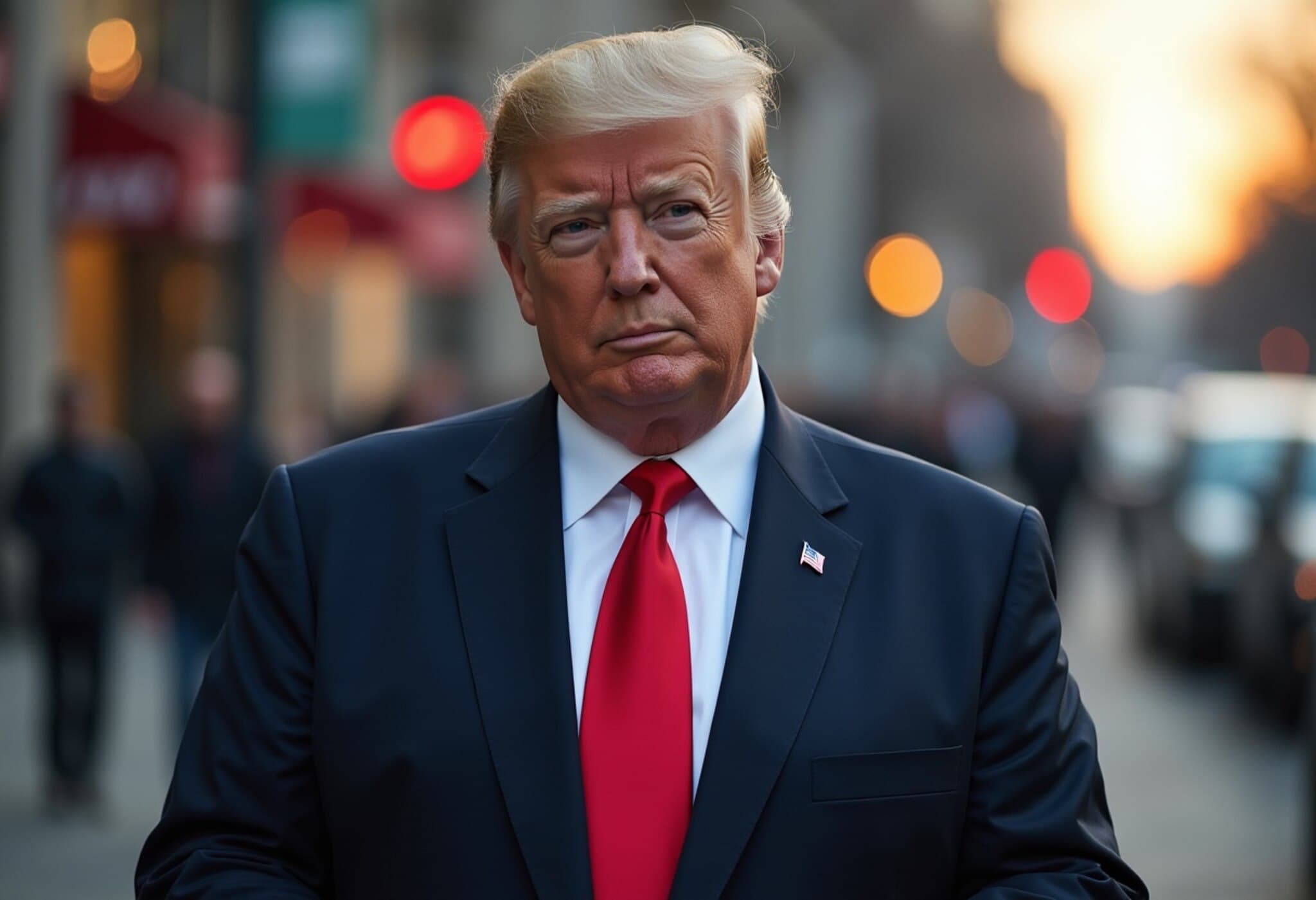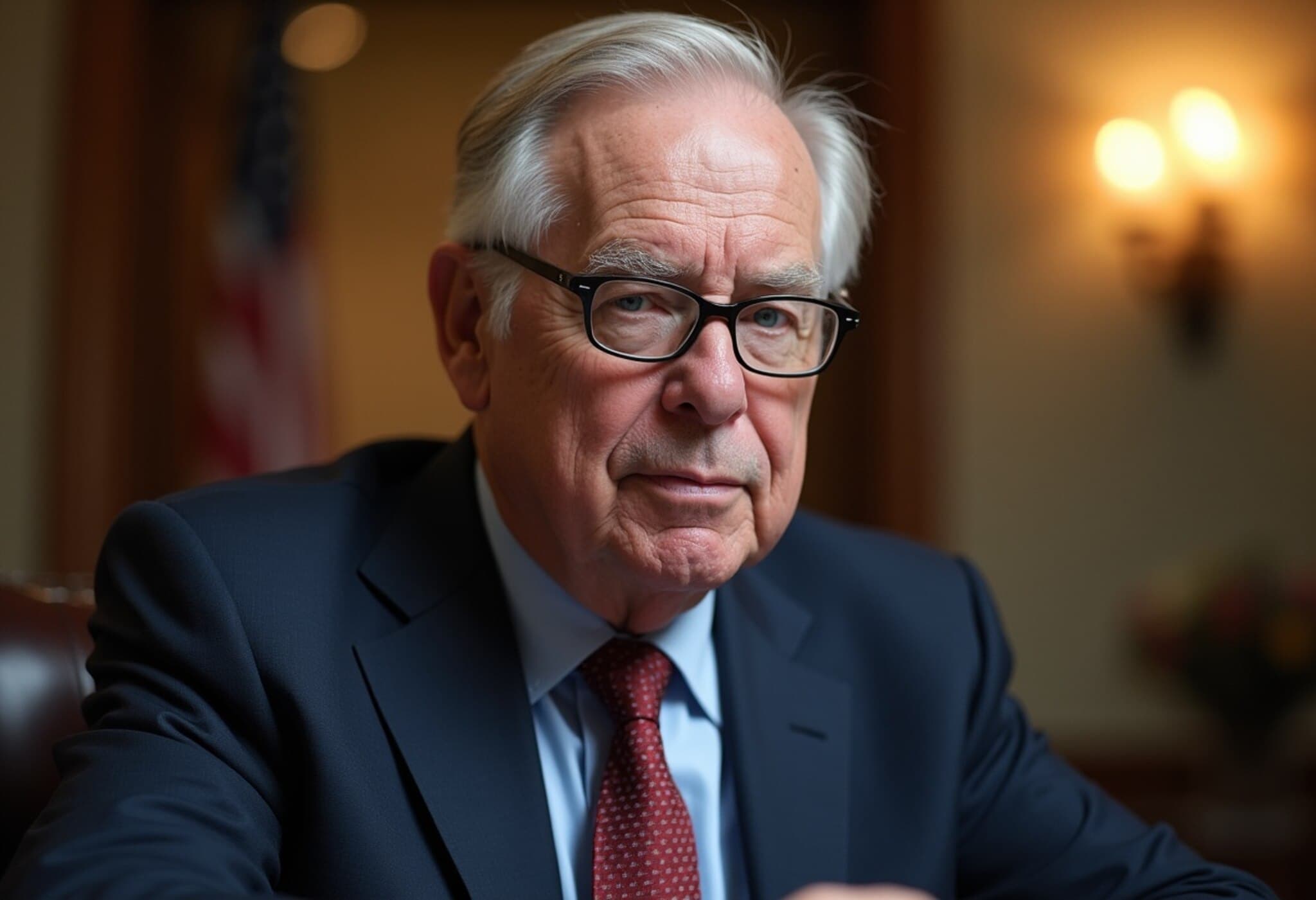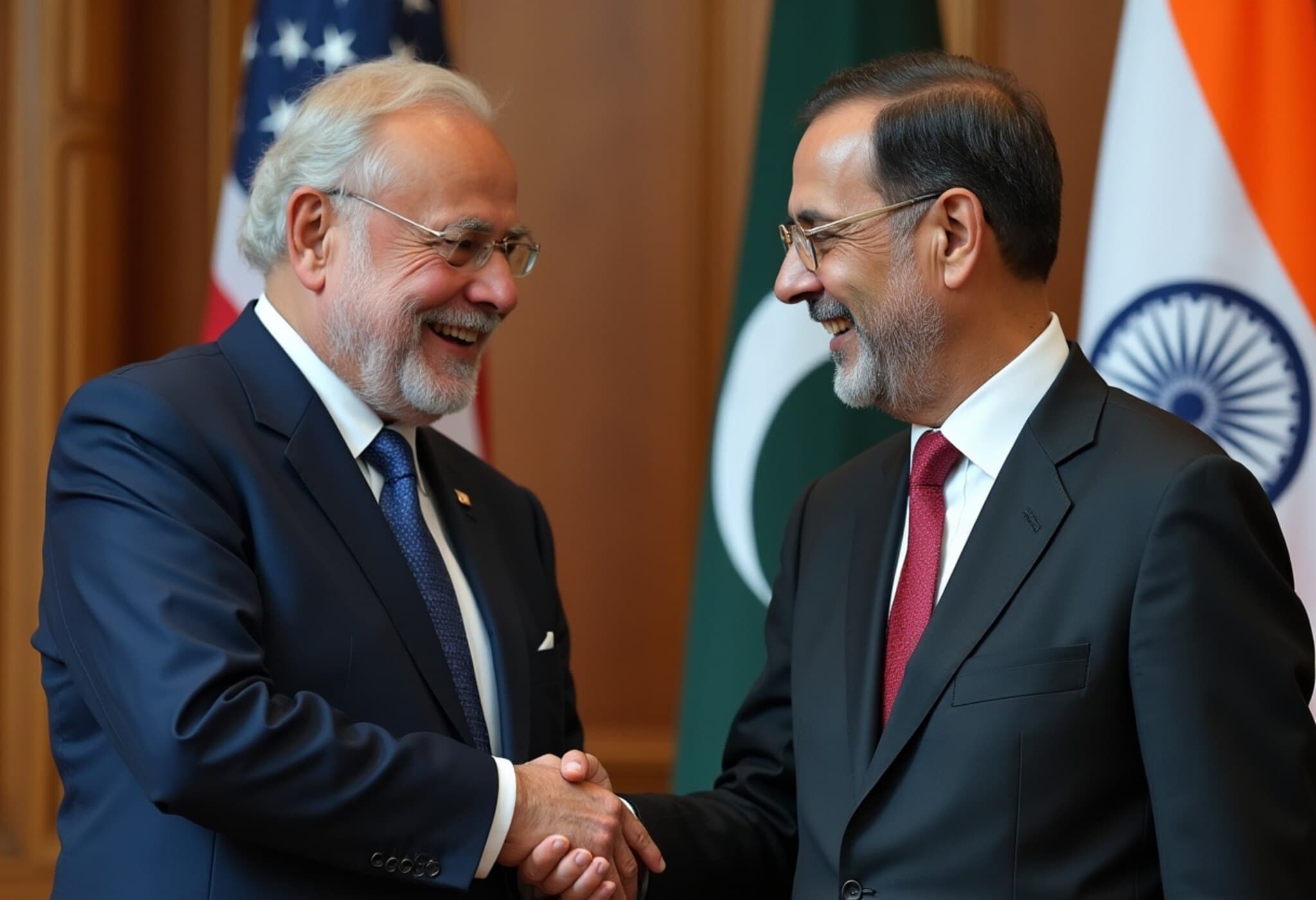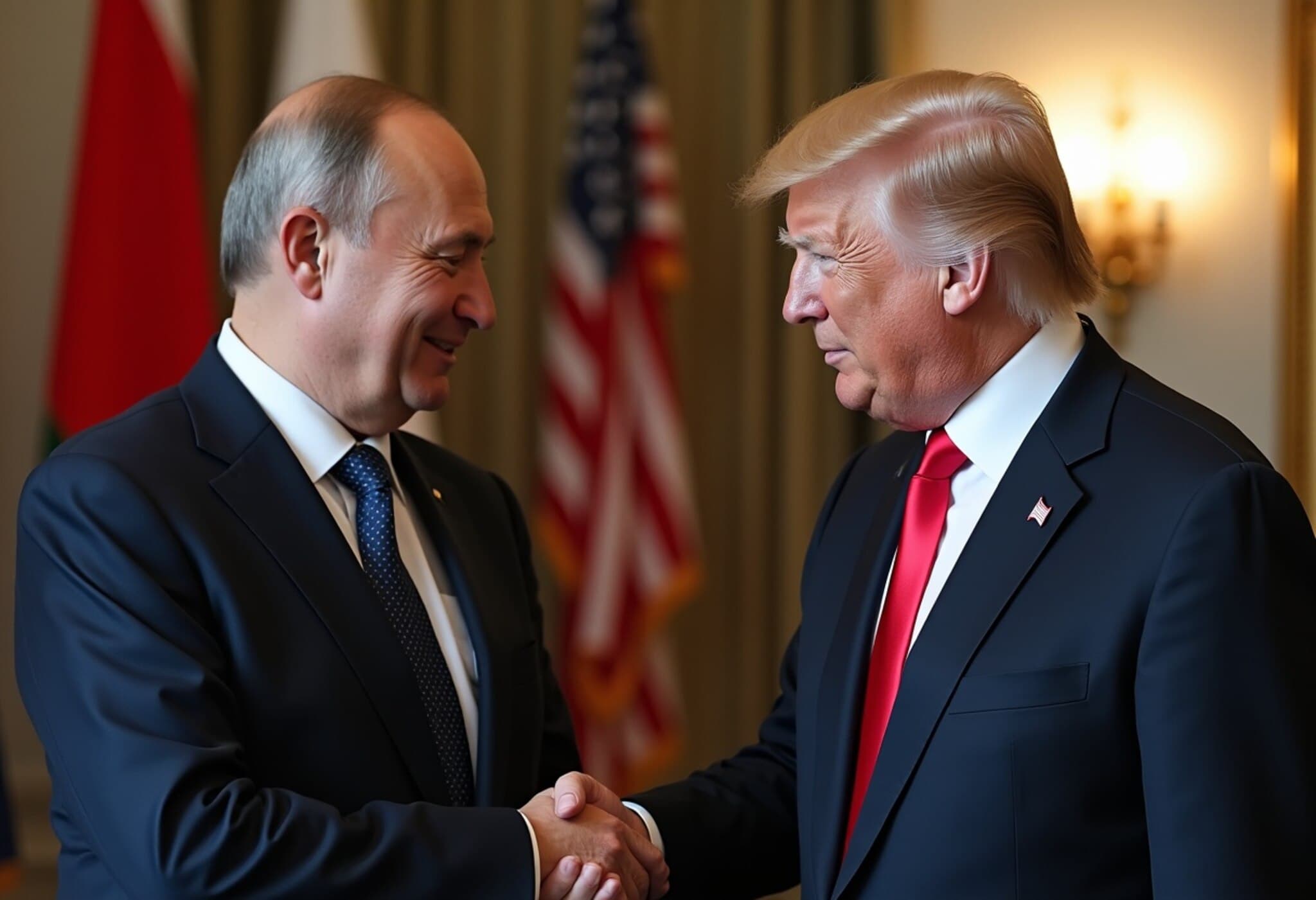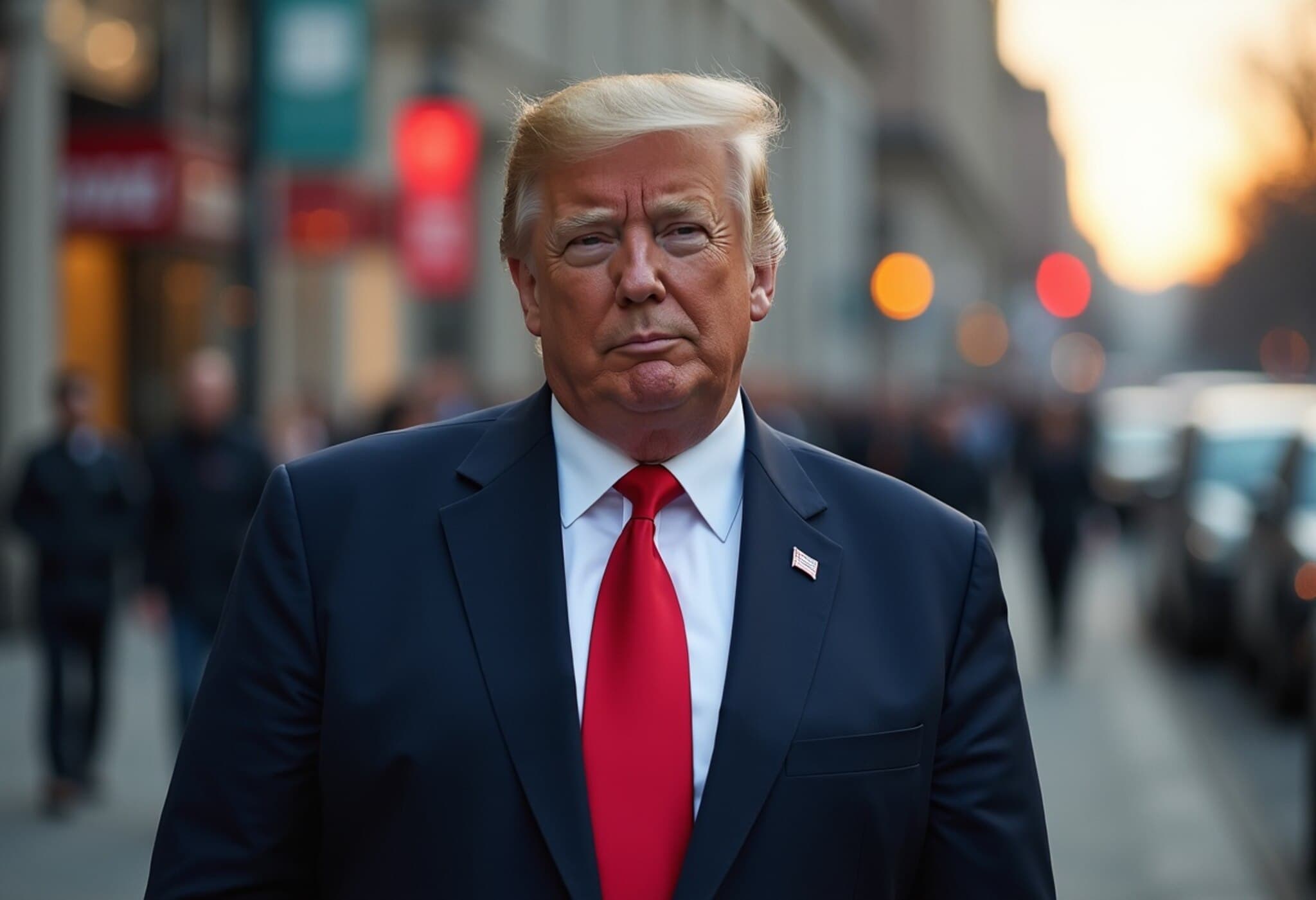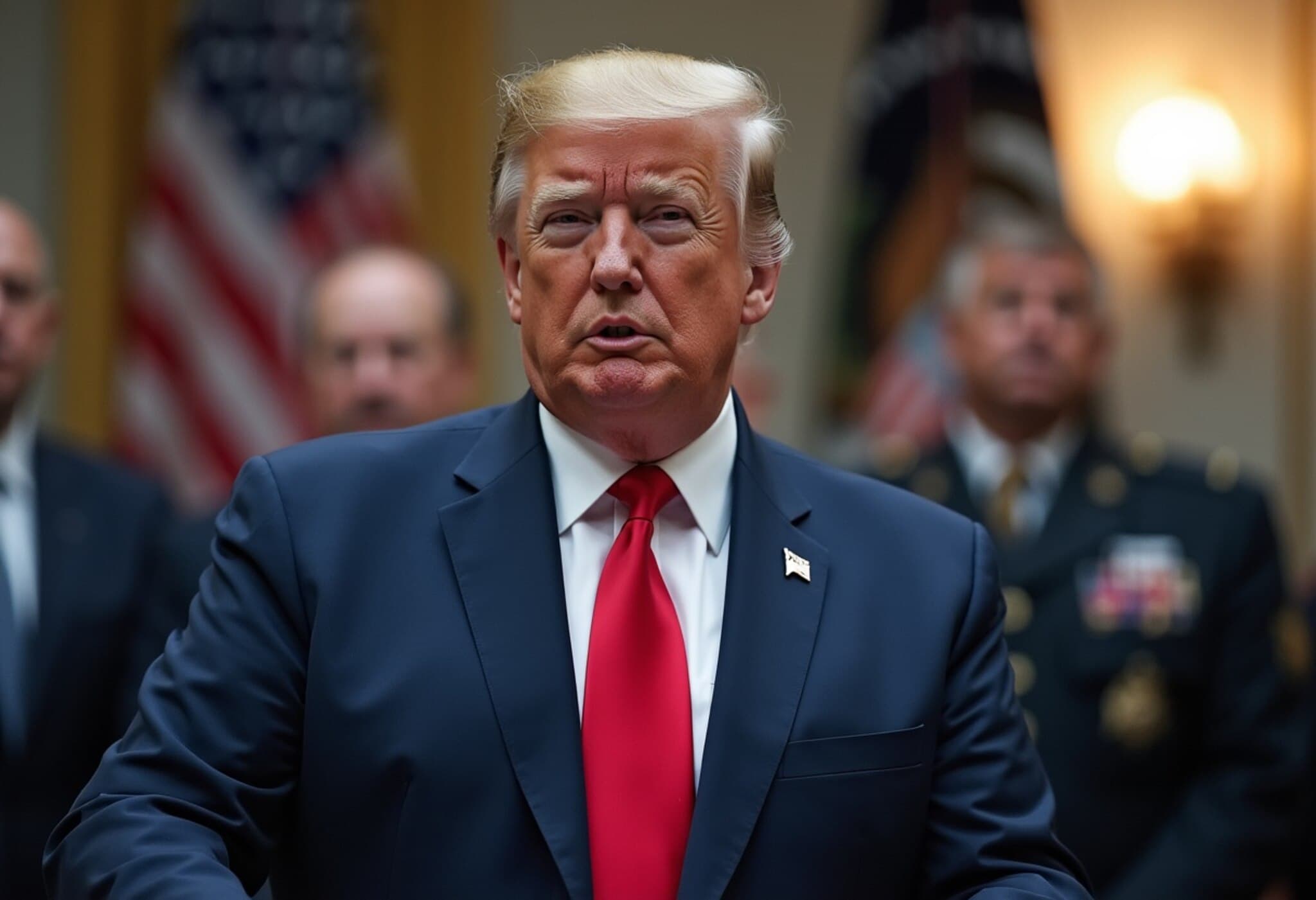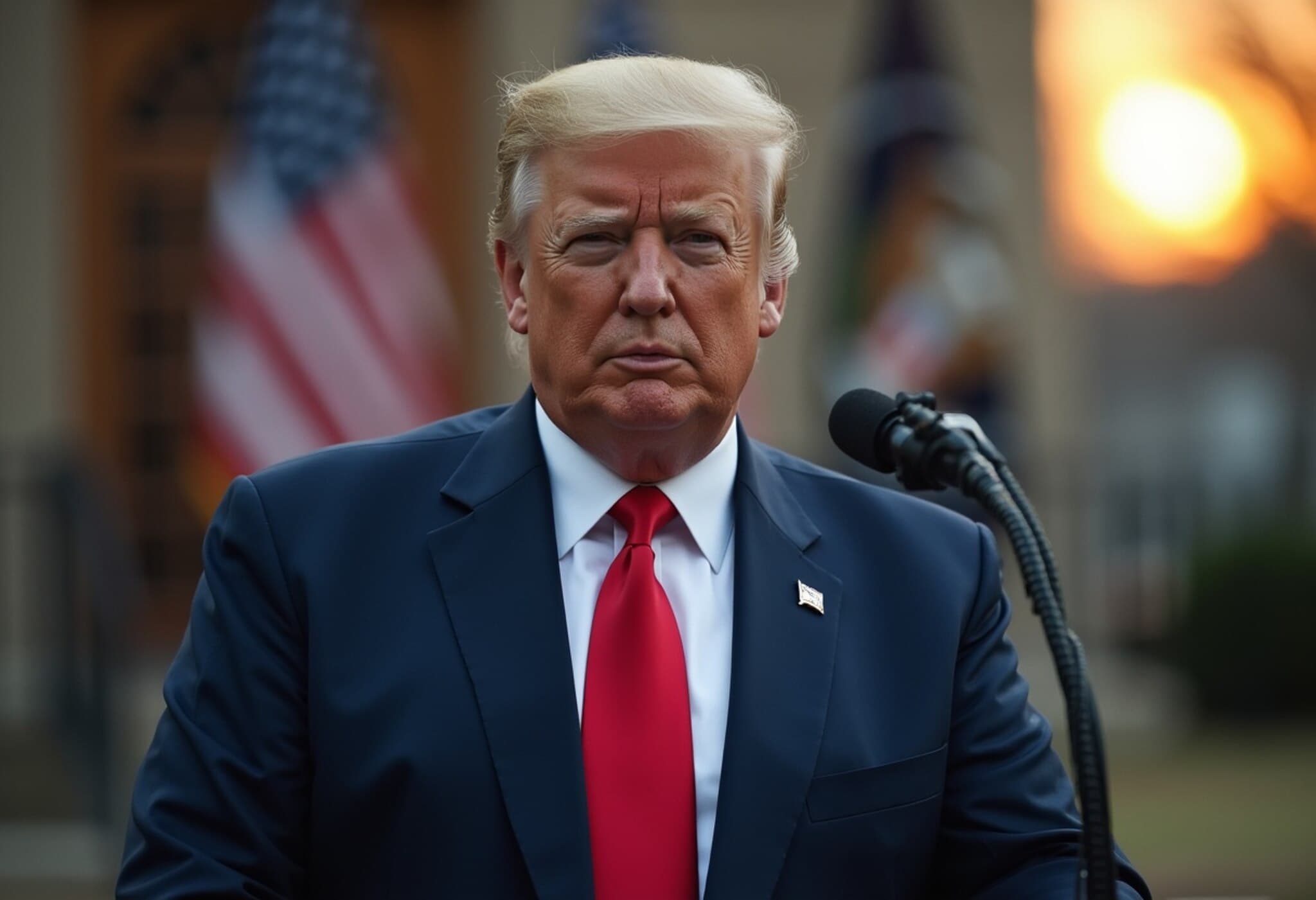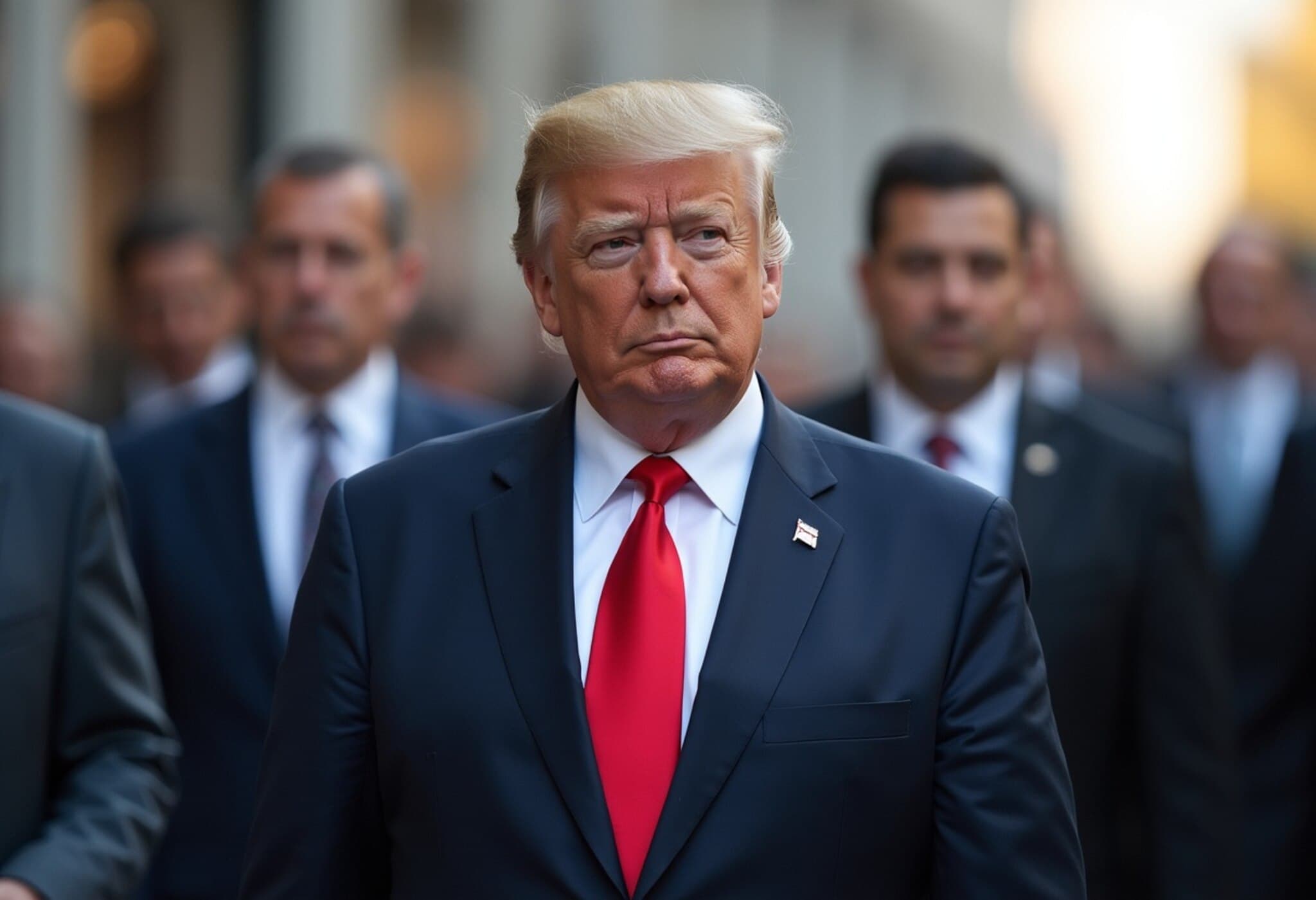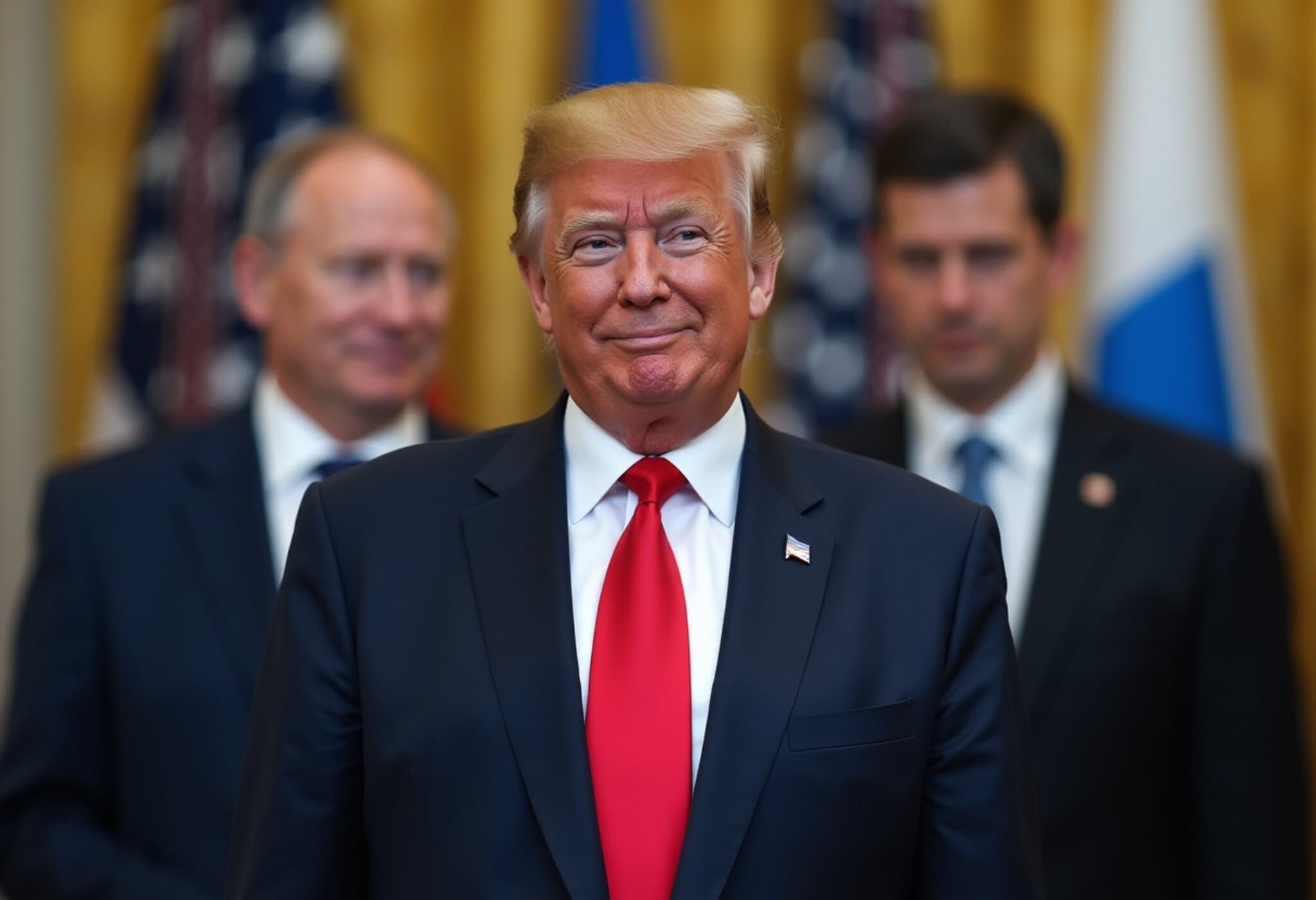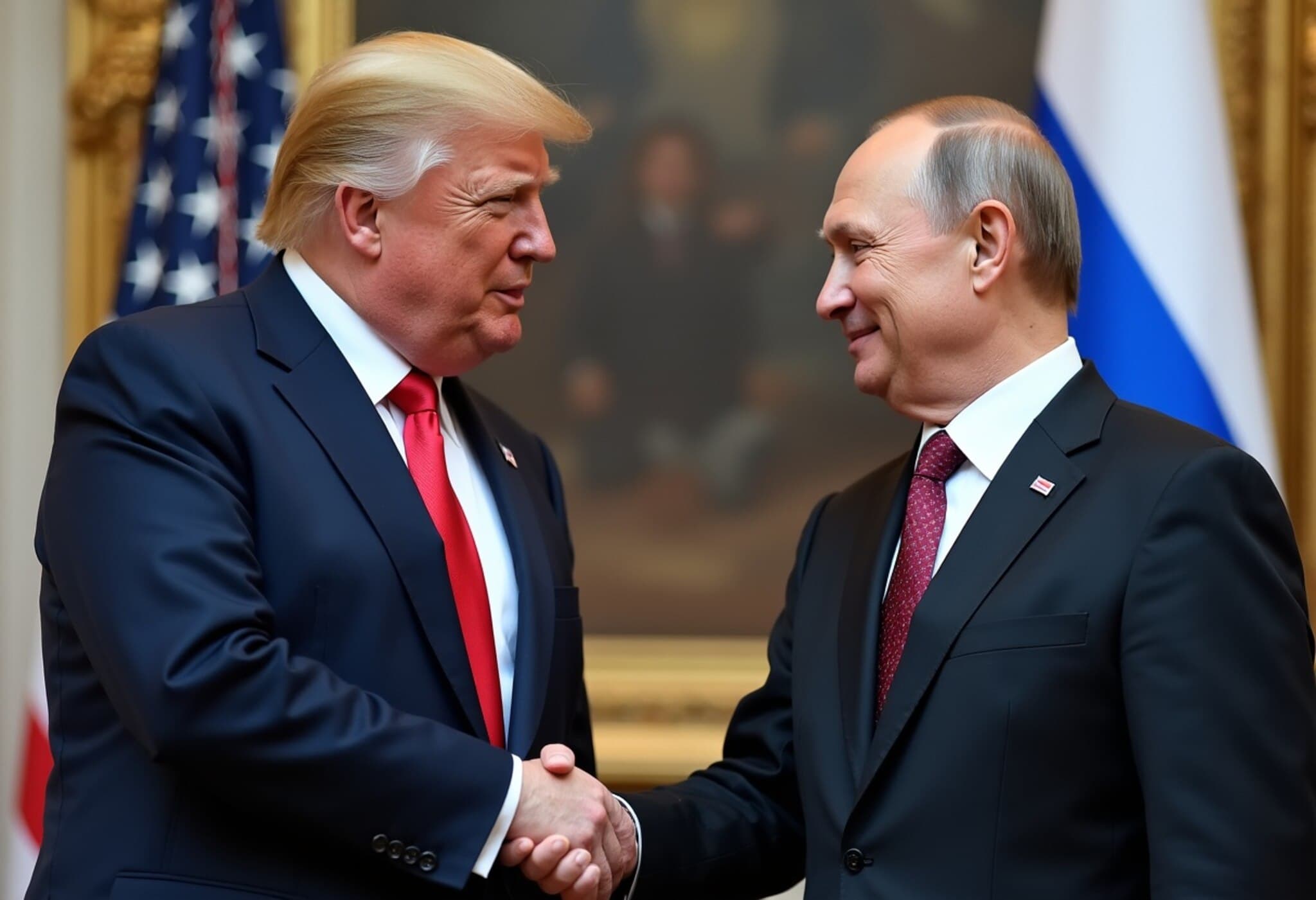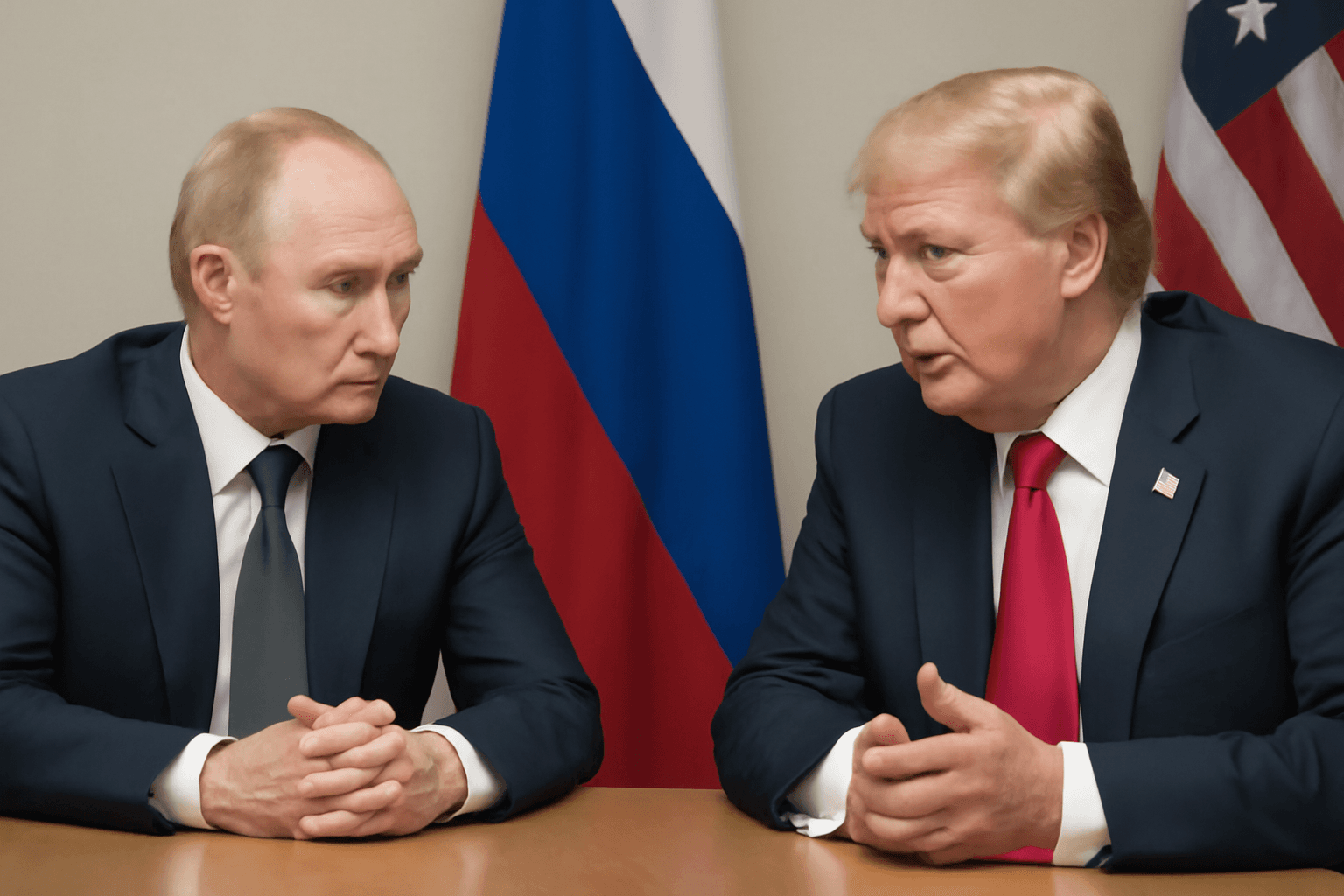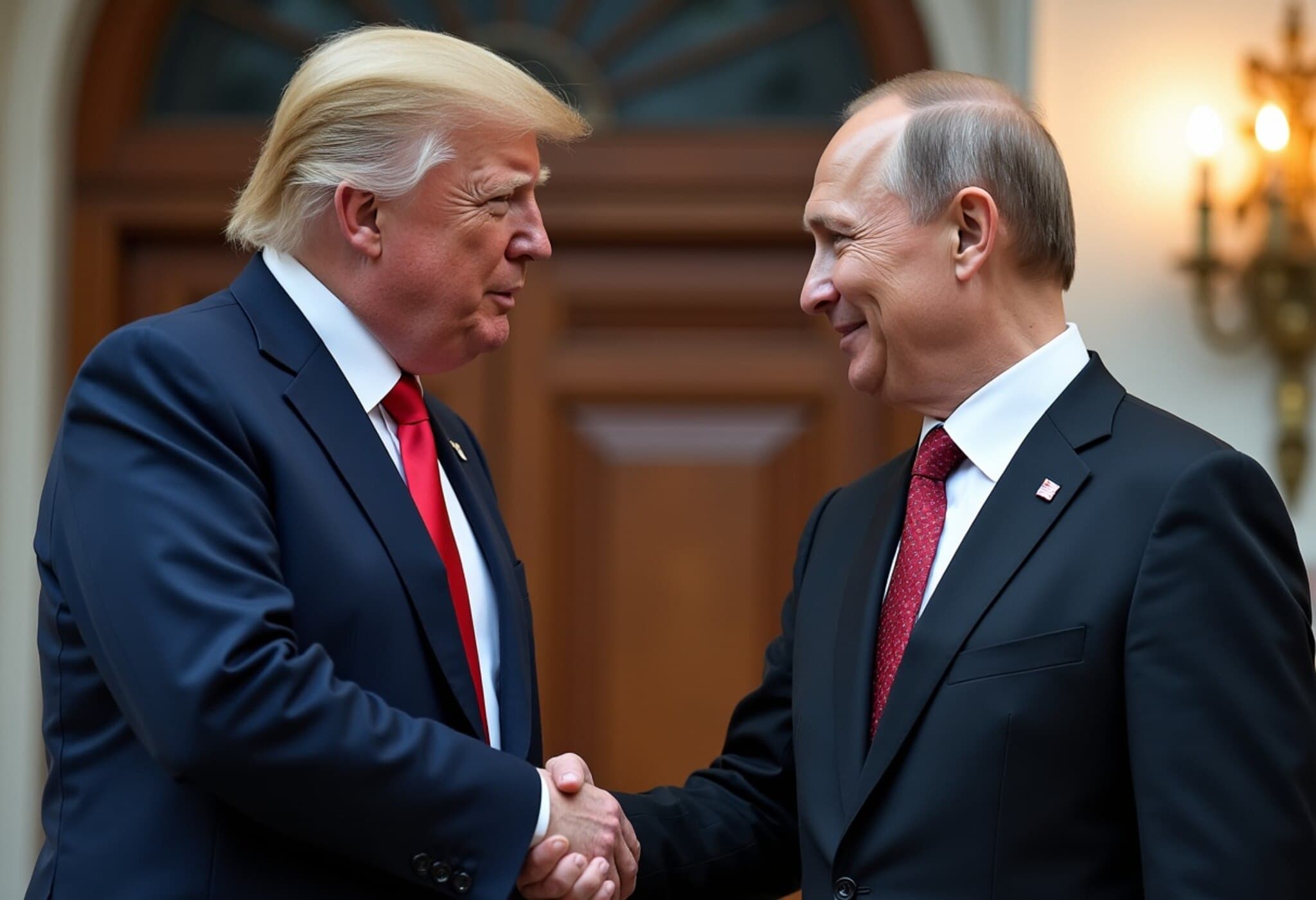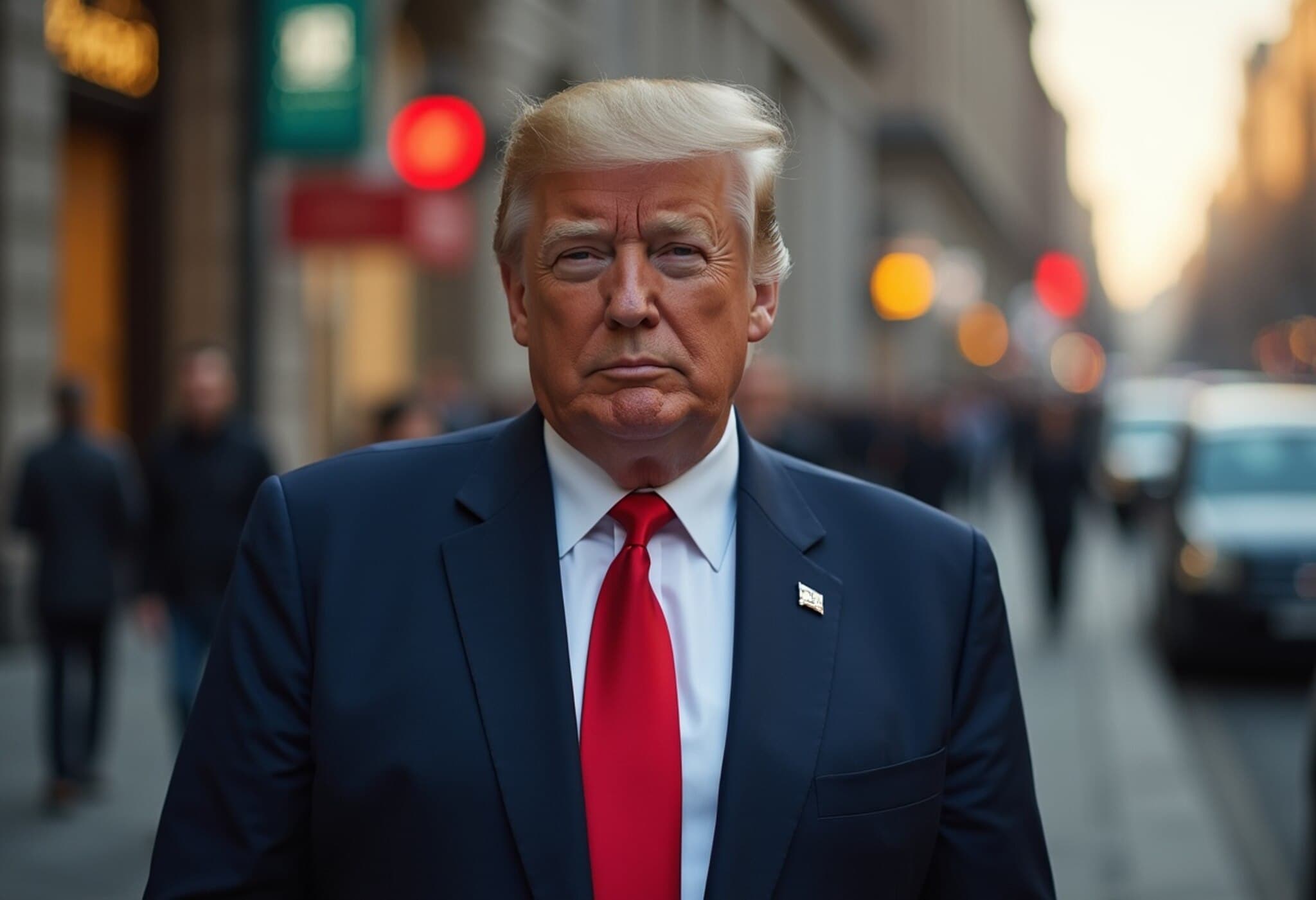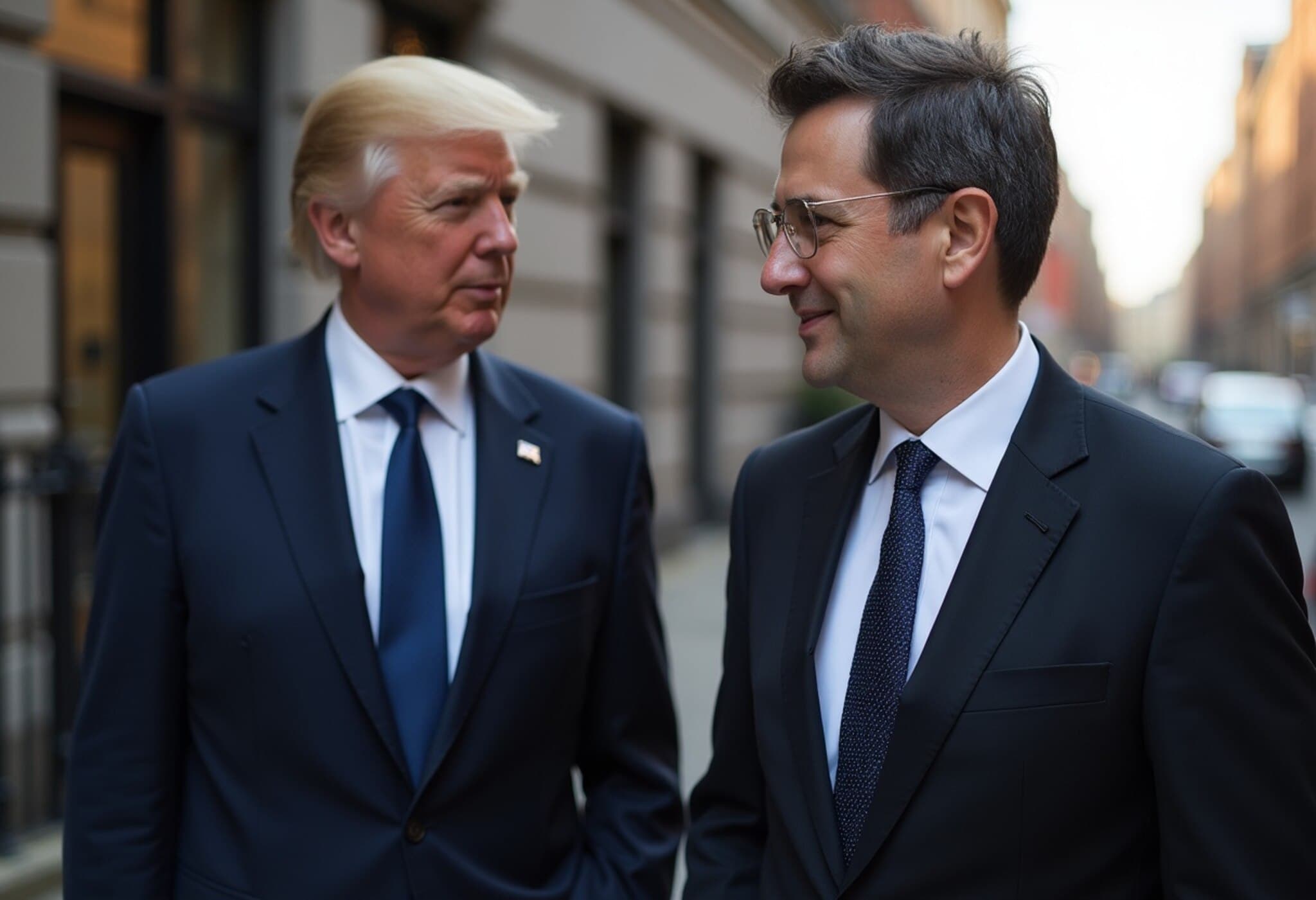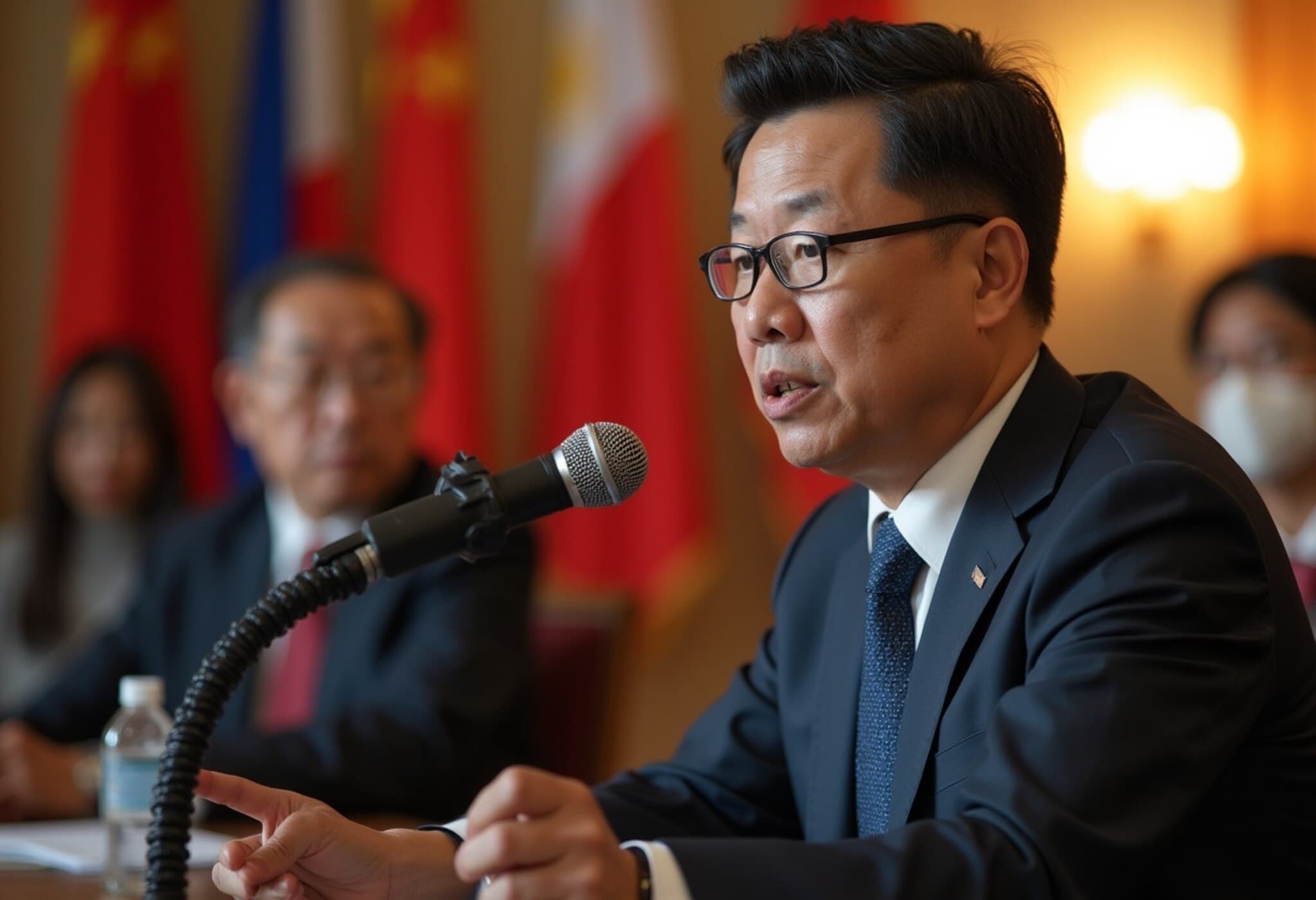Trump’s Deadline for Ukraine Ceasefire Ends Without Agreement
On Friday, US President Donald Trump’s ultimatum for Russian President Vladimir Putin to agree to a ceasefire in Ukraine expired without a peace agreement. Despite mounting global pressure and bipartisan calls in the US for tougher measures on Russia, Trump’s approach remains fragmented and controversial, raising questions about America’s role in brokering peace amid an escalating war.
Tariff Escalations Complicate Diplomatic Efforts
Rather than solely focusing on convincing Moscow to halt hostilities, the Trump administration recently intensified trade conflicts by sharply increasing tariffs on India — doubling the previous levy to 50%. This move aims to choke off funds supporting Russia’s war effort, yet it notably bypasses other major Russian energy buyers, including China, which continues substantial purchases of Russian oil and gas.
This selective economic pressure undermines the coherence of US sanctions and fuels skepticism about their ultimate efficacy. As analysts point out, the European Union paid Russia more for energy imports last year than it provided Ukraine in aid — a stark contrast that compounds the challenge of isolating Moscow economically.
Shifting Stances on Direct Negotiations With Putin
In a dramatic shift, Trump announced openness to a direct meeting with Putin, deviating from his earlier insistence that any Russia-Ukraine talks must include Ukrainian President Volodymyr Zelenskyy. This recalibration could signal implicit support for Russia’s narrative, as a Putin-Trump meeting without Zelenskyy risks legitimizing Putin’s refusal to acknowledge Ukraine’s sovereignty.
Experts warn that bypassing Ukraine's leadership plays into Moscow’s broader strategy to undermine Kyiv’s international standing and territorial claims, complicating the already fraught path to peace.
Underreported Dynamics: The US Role and Regional Implications
- Divided US policy: Although parts of Trump’s Republican base support tougher sanctions on Russia, the administration’s inconsistent targeting has alienated key allies and raised questions over the US commitment to ending the conflict.
- India and China as pivotal players: While India faces heavy tariffs purportedly to curb Russian funding, China’s continued import of Russian energy highlights geopolitical complexities rarely addressed in Western media.
- Potential for a temporary freeze: Analysts like Kseniya Kirillova from the Jamestown Foundation suggest Putin might accept a limited ceasefire — more a tactical pause than genuine peace — allowing Russia to regroup before resuming aggression.
Calls for Stronger Sanctions Grow Louder
With the ceasefire deadline lapsed and no indication of progress, voices from both inside and outside the US government are urging firmer punitive actions against Russia. Yet, Trump’s reluctance to impose direct sanctions or tariffs on Moscow underlines a complex calculus balancing geopolitical risk, energy market concerns, and domestic political considerations.
What’s Next?
The failure to reach a ceasefire by Friday's deadline leaves the door open for potential escalation or prolonged stalemate. The international community watches closely as the US navigates between diplomatic engagement, economic pressure, and the imperative to support Ukraine’s sovereignty.
Questions for the Future
- Will the US develop a coherent, united front to pressure Russia, or continue piecemeal strategies that risk prolonging conflict?
- How might India and China’s roles evolve, and could their energy dealings shift the balance in Moscow’s favor?
- Can direct dialogue between Trump and Putin exclude Ukraine’s leadership without undermining peace efforts?
Editor's Note
As President Trump’s ceasefire ultimatum expires, the intricate interplay of trade policies, international alliances, and strategic calculations come into sharp focus. This moment reveals not just the fragility of diplomatic efforts but also how economic actions, such as selective tariffs, can shape the trajectory of international conflict. Observers must consider the broader geopolitical chessboard — including the roles of India, China, and the EU — to fully grasp how peace might ultimately be achieved or derailed.

